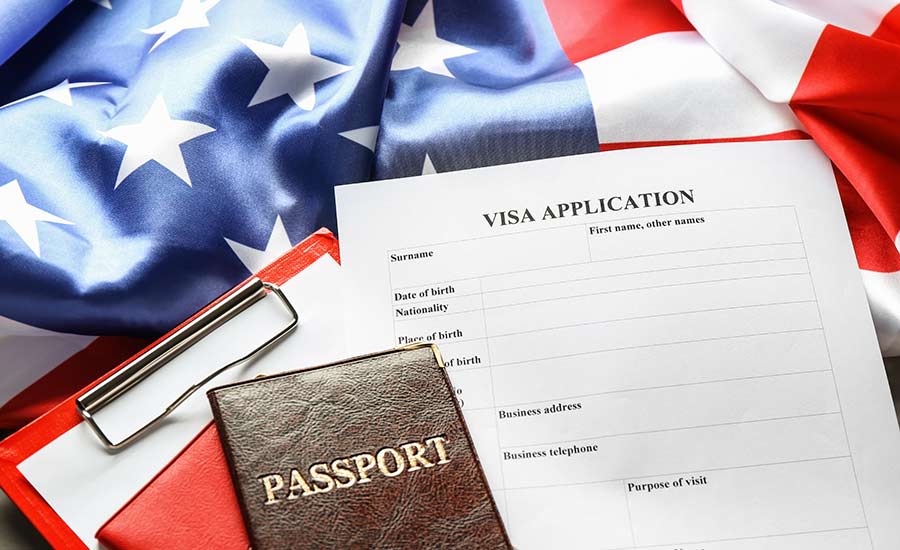

What You Post Can Cost You Your Immigration Future, Even If It Seems Harmless
In a sweeping shift with long-term implications for all immigration applicants, the Department of Homeland Security has now made social media review an official, critical part of the immigration adjudication process. This policy, quietly reinforced under directives dating back to the Trump administration and still active today, compels immigration officers to review an applicant’s social media presence when evaluating eligibility for visas, permanent residency (green cards), and even U.S. citizenship.
Although the policy was first introduced on August 19, 2019, recent internal memos and cases confirm that it remains actively enforced in 2025. It is more pervasive than ever. The Department of State and USCIS have been systematically collecting usernames and handles from major platforms, including Facebook, Instagram, TikTok, X (formerly Twitter), LinkedIn, and others. This is not speculative—this requirement is now a standardized part of the DS-160 visa application form and can also arise during AOS (Adjustment of Status), consular processing, or naturalization interviews.
While the stated purpose of this policy is national security, its real-world impact raises significant concerns regarding civil liberties and fair immigration adjudication. The guidance given to immigration officers is vague at best. There is no clear legal standard or operational definition for what qualifies as “anti-American” content. This means that posts that appear critical of the U.S. government, content perceived as controversial, or even humor or sarcasm, could be twisted out of context and used as a basis for denial.
For instance, public support for humanitarian causes, political activism abroad, or even criticism of U.S. immigration policy could be deemed as red flags. Individuals who have engaged with certain organizations or followed specific pages may be unfairly targeted, even if their actions were benign or constitutionally protected.
This applies to every type of immigration benefit. Whether you’re applying as a student on an F-1 visa, visiting on a B-2, adjusting status to a green card, renewing DACA, or applying for U.S. citizenship through naturalization, your digital presence is now a central component of how your credibility and admissibility are judged.
How to Protect Yourself Today
-
Audit your online footprint: Go back through your public profiles. Look at what’s visible to the public and what’s tied to your name or handles submitted in immigration forms.
-
Remove questionable content: Anything that could be taken out of context or misinterpreted should be archived or deleted. This includes jokes, memes, political commentary, or any affiliations that could be misunderstood.
-
Set stricter privacy controls: Ensure your accounts are private, but remember that even private posts may be accessible depending on how they’re shared or archived by others.
-
Be consistent with your applications: USCIS and DOS will cross-reference social media with what you write in your immigration forms. Any discrepancies could be considered misrepresentation or fraud.
Why Legal Guidance Is More Essential Than Ever
At Spar & Bernstein, we understand how rapidly immigration law is evolving. This new emphasis on digital surveillance underscores why having experienced immigration counsel is no longer optional, it’s essential. Our attorneys can help you proactively review your digital presence, identify red flags before the government does, and craft a strategy that protects your rights and your future in the U.S.
Social media should be a tool for connection, not a barrier to your immigration dream. By working with a trusted law firm, you ensure your application reflects not just who you are on paper, but who you are in the broader digital world.




